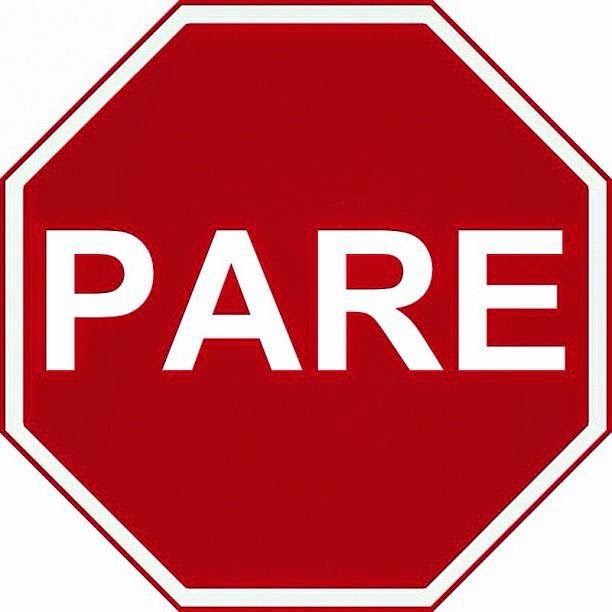As Brazil prepares to host the FIFA 2014 World Cup, and the 2016 Olympic Games appear on the horizon, I'm looking forward to hearing quite a bit more of the Portuguese language. It may be a matter of catching just a sentence or two on TV before the English translator breaks in, but it is enough to remind me what a melodious, expressive language Brazilian Portuguese (BP) is.
Just to set the record straight, there are various dialects of Portuguese in the world. Because Brazil is the fifth largest country in the world, both in area and population, Brazilian Portuguese (BP) is the dialect most frequently heard.
I have Spanish-speaking friends who tell me that they have tried, but just can't understand Brazilian Portuguese. An interesting fact is that if you speak Portuguese, you can probably understand quite a bit of Spanish. However, if your language is Spanish, you may have some difficulty understanding spoken Portuguese at first. Reading is much easier in the opposite language. So it must be the sound system that is interfering with listening comprehension.
Without going into a lot of phonetics and phonology (after all, the first match of the World Cup is already upon us), perhaps just a quick comparison between several sounds of the two languages will be of some help in understanding BP.
Spanish is considered a phonetic language; that is, for the most part, sounds have only one pronunciation. A Spanish 't' is almost always a Spanish 't'. In BP, however, the 't' changes pronunciation rather dramatically in certain cases. Take, for example, the word for 'mind', as in "I'm losing my mind." The translation, mente, is written the same in both languages.
But oh the sound! Let's do this in two stages. First take a look at the word 'Stop' in both Spanish and Portuguese.
In BP, an 'e' at the end of words is pronounced higher in the mouth than in Spanish, like the vowel sound in the English word 'cheese'. Say pare in Spanish and then pronounce it in BP ("paree").
This different vowel sound at the end of words in BP can have important consequences. A Brazilian Portuguese 't' takes on a new pronunciation when it comes before the 'cheese' vowel. The 't' changes into a sound like the 'ch' sound of English 'church'. Spanish says mente as it is written, but BP says something like 'menchee' (like the frozen yogurt chain). Try the same word out loud in the two languages. Different, huh?
Now that you have been alerted to possible changes in the BP 't' sound, you are ready to tackle the 'd' sound. When a 'd' appears at the end of a word before that same vowel in English 'cheese', instead of making a regular old 'd' sound, BP makes a sound like the 'j' sound English 'judge'. Try saying in Spanish the word for 'late' or 'afternoon', tarde. Now say that same word in BP, something like 'tarjee'. Got the idea?
I can't quite give up my former role as a language teacher, so how about a little practice test? Say each of these words, first in Spanish, then in Portuguese.
abundante
lente
presente
potente
abunde
acomode
Did you make the 't's' and 'd's' with a different sound in BP because you pronounced the ending 'e' as 'ee'?
If so, you have made the first big leap into the mysteries of BP pronunciation. More next week!



No comments:
Post a Comment